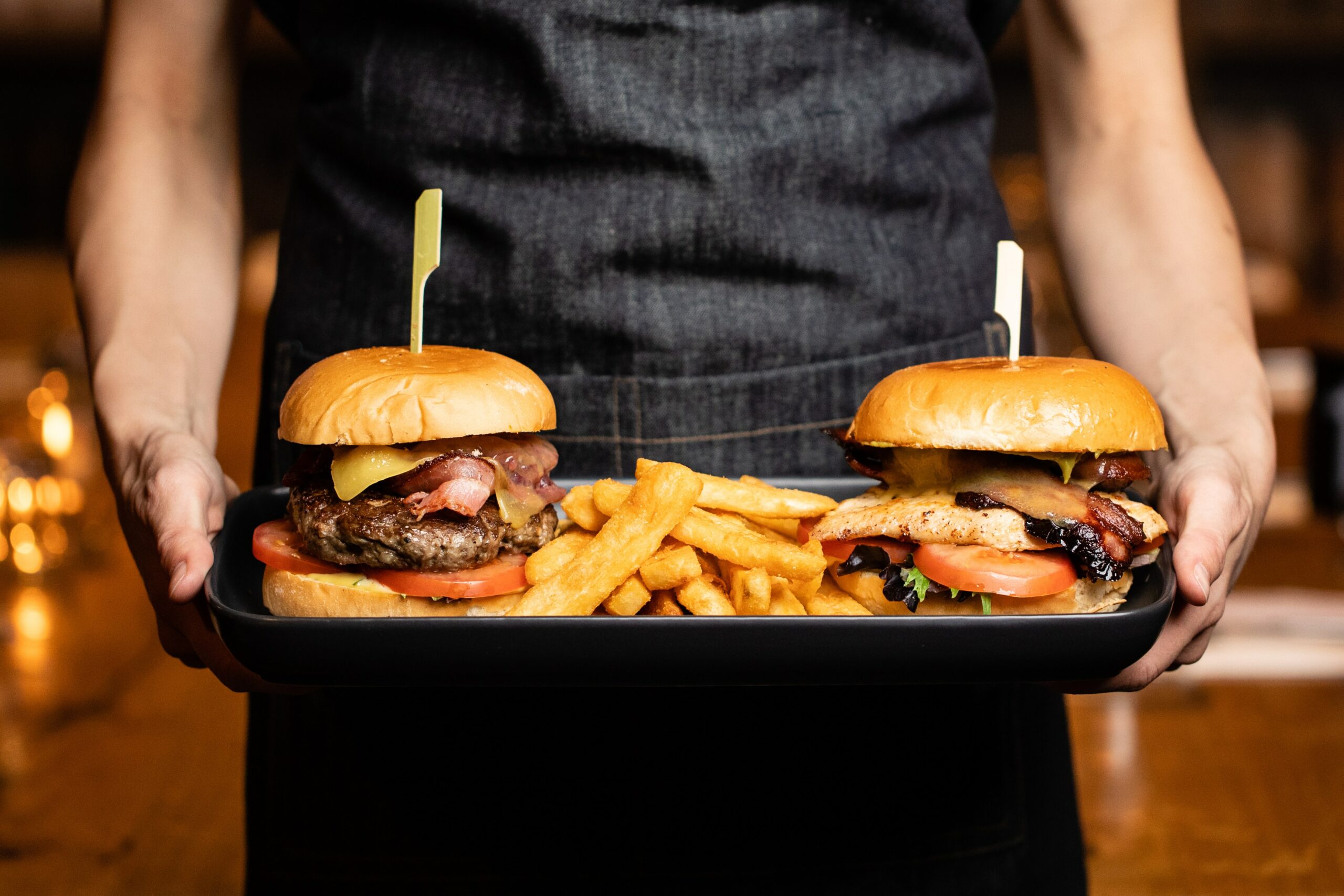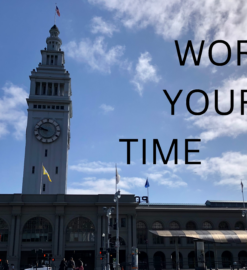Life Lessons I Learned Working in Fast Food & Hospitality (Part 1)

It can be hard to imagine that working in fast food can teach you more than how to construct burgers. But indeed, here is what I learned, and maybe you would too.
Many of us get our first jobs in fast food or hospitality. Maybe you’re trying to make money as a student or simply need a part-time job.
Similarly, this happened to me. I needed to make money while still being in school, so I picked up a fast food job. Little did I know the abundance of life lessons it would teach me.
Disclaimer: This is just my personal experience and may not be what you would/will experience. Also, while working in fast food teaches you loads, it should also be stated that it has risks of its own. Check out these hazards or this study in relation to working during COVID-19.
Keeping in Check with Morals
If you think about it you kind of hold a lot of power in making food for strangers. I mean people just blindly put the stuff into their bodies. They don’t see how it’s made at the moment, who’s making it, what other stuff is flying around in the kitchen, etc.
You control so much about the food. For all they know, there could be an old slice of tomato on there.
This has forced me to think twice about if my decisions are morally right, even just small ones. I mean as little as this tomato fell out of the burger, but it’s busy and I can’t fathom grabbing another second tomato so they’re left with one.
Essentially with this so-called “power” you hold, you learn to think a lot more about ethics.
Gaining Compassion
I’ve learned to have more compassion in scenarios when I’m the customer. Now that I’ve seen how food gets to the customer, in times when I’m a customer myself I can empathize.
That means…
- How long the food takes. People usually understand the wait time increases with large amounts of people, but all we get is frustration that it’s longer. Instead, understanding the workers are likely stressed, overworked, tired, and perhaps even understaffed if the increase was unexpected.
- Not getting annoyed when a worker forgets a request asked. They have a lot of things to attend to, and as important as it may seem to you, they probably have more impactful things to worry about as a whole. A friendly gentle reminder goes a long way and is usually accompanied by a heartfelt apology given they do want to attend to your needs as well.
- Avoiding excessive outward frustration to the workers when items aren’t in stock or certain things just aren’t available at the moment. They oftentimes have nothing to do with it and can’t do anything about it.
- Being understanding when mistakes happen in your order or anywhere else. Also, learning to recognize that the person you are complaining to may not even be the person who made the mistake. For example, I had to deal a lot with customer complaints since I worked on the hospitality end, yet most of those mistakes happened from the workers in the kitchen.
Where it Comes From
We all know fast food isn’t “healthy”. I mean it doesn’t get to you fast without some shortcuts.
I finally got to see what the actual food looks like beforehand, how “gross” it sometimes is, and what its original state is.
At the point the fast food is plated to the customer it looks good – good enough to eat, sometimes delicious, and sometimes even amazing depending on the place and person.
But to get that delicious plated food to the customer quickly means it did not get there fresh. Not mostly at least.
Learning what really happens to the food you eat at restaurants and how it’s made is a valuable piece of reality.
At the place I worked, we cooked the patties, toasted the buns, and placed the veggies all fresh. Other foods like fries and other versions of patties came pre-packaged to the point where you think you could just buy frozen food and make it yourself.
At other fast food places, there have even been images leaked of very unpleasant “before” the food is put out.
Want to cook a healthier burger? Try this interesting twist.
Interested in the Food Business?
Relationships Beyond Peers
Usually, if we have discussions with people outside of our peer range, it’s family, friends’ parents, or school-related like teachers. But outside the family, “longer” discussions with people outside a person’s age range are more infrequent, in my life at least.
In restaurant-related jobs, there can be everything from 16-year-olds on their first job to 40-year-olds taking up a part-time job and more.
I’ve made burgers while talking to upwards of a 30-year-old woman discussing their kids and other jobs. Or an 18-year-old girl excited about taking off work for prom on the weekend. This wide age range you won’t find at many jobs.
For other jobs, you may have to be more qualified so the age range starts later. And people get promoted as they age and stay longer at the company so you won’t see them in your “division” anymore.
Here, there is so much more of a mix and therefore an opportunity to really learn from people at different points in their lives. You feel a sense of becoming equals with people of different ages and feeling more comfortable in conversations with them. That, of course, depends on the people you work with and the work environment.
Quick Thinking
By quick thinking, I essentially just mean making quick decisions. Which many of us struggle with, including me.
There are so many times customers came up to me with questions or complaints that I did not have the answer or instant perfect solution.
Instead, I learned to quickly comprise using words, actions, or alternative ideas in order to satisfy a customer or even coworker.
Everything is fast-paced, whether it’s the customer wanting an answer or solution right away, or because you have a million other things that you should be doing at the moment. Therefore, coming up with passing decisions quickly is a must.
Not to say I still don’t suck with decision-making. It can take me days to make a large decision on something in my life for example, but these instances at work have helped me see that sometimes you just have to make a decision and live with it.
Stranger Talk
Unless you’re a very social person who talks to strangers constantly on public transportation or chit-chats with cashiers, talking to strangers doesn’t happen too frequently. Especially not for hours on end.
Learning to constantly talk to strangers you pick up ways of communication that is effective, friendly, socially acceptable, and accompanied by good listening skills. I’ve gotten more comfortable with communication overall and in different scenes.
Hyper Awareness
You literally have to get eyes in the back of your head – or at least turn back and forth enough so it works as if you do.
On one hand, I could be grabbing serving plates on the other there’s a DoorDash worker coming up behind me looking for food to grab where I should be helping. I became aware of the food coming out that I should be serving, whilst customers come up with different expressions on their faces, and UberEats workers searching.
All this at once and from many different angles, gave me the skills to not necessarily do things all at once, but to keep track of multiple things at once. That includes prioritizing which task should be done first if swamped.
More on jobs: 9 Computer Science Degree Jobs




Leave a Reply